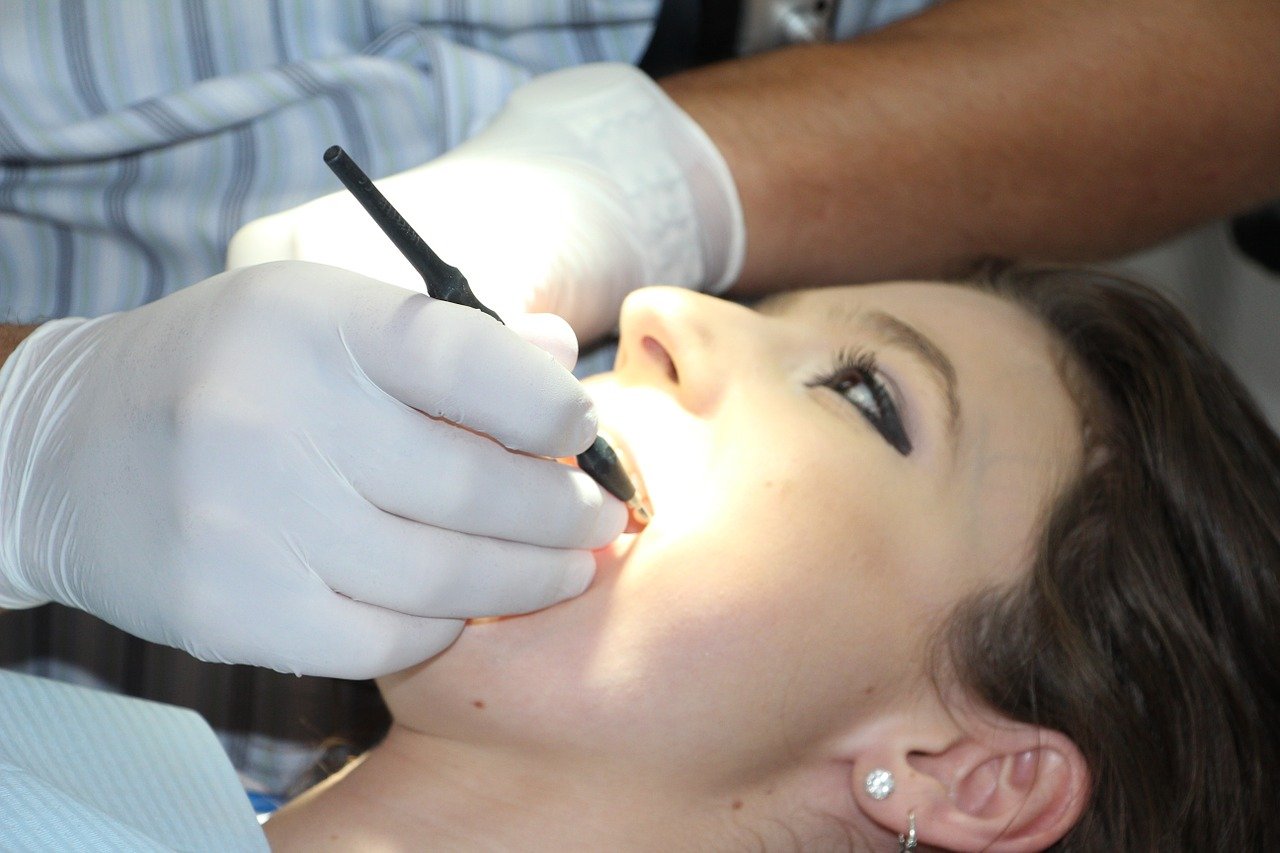Tooth decay is a common dental issue that can lead to cavities, pain, and even tooth loss if not properly managed. While many people associate tooth decay with sugary foods, it’s important to understand that the causes of this dental problem are multifaceted. From what you eat to how you care for your teeth, several factors contribute to the development of tooth decay. Let’s explore the major causes of tooth decay and how you can prevent it for a healthier smile.
LEARN MORE: Read the latest consumer and lifestyle news here
1. Dietary Habits and Sugars
One of the most well-known causes of tooth decay is a diet high in sugar. Sugary foods and drinks, such as candies, sodas, and baked goods, provide a food source for the harmful bacteria in your mouth. These bacteria feed on sugars and produce acids that erode tooth enamel, the protective layer of your teeth. Over time, repeated exposure to acid can weaken the enamel and lead to cavities.
Not just sweets, but refined carbohydrates like chips, white bread, and crackers can also contribute to tooth decay. These foods break down into sugars in the mouth, providing a constant supply of fuel for harmful bacteria. It’s not just the quantity but the frequency of sugar consumption that matters. Snacking on sugary foods throughout the day gives bacteria more opportunities to attack your teeth, making it harder for your enamel to recover.
2. Poor Oral Hygiene
Failing to maintain a proper oral hygiene routine is another significant cause of tooth decay. When you don’t brush and floss regularly, food particles and bacteria accumulate in your mouth, forming plaque on your teeth. Plaque is a sticky film of bacteria that can harden into tartar if not removed through daily brushing and flossing.
Plaque harbors the bacteria responsible for tooth decay, and when left unchecked, these bacteria release acids that gradually dissolve tooth enamel. If tartar builds up, it can irritate the gums and lead to gum disease, further compromising your oral health. It’s essential to brush your teeth twice a day, floss once, and use mouthwash to rinse away bacteria and food particles. Regular visits to the dentist for professional cleanings are also vital for removing tartar and detecting early signs of tooth decay.
3. Acidic Foods and Drinks
While sugary foods are often associated with cavities, acidic foods, and beverages can also play a role in tooth decay. Drinks like citrus juices, coffee, and wine, as well as sour candies, have high acid content. These acids can erode tooth enamel over time, weakening its protective layer and making teeth more vulnerable to decay.
Although these foods and drinks may not be as damaging as sugars in terms of directly feeding bacteria, they can soften enamel and make it more susceptible to other forms of damage. It’s a good idea to rinse your mouth with water after consuming acidic foods and drinks to help neutralize the acids and protect your enamel.
4. Dry Mouth (Xerostomia)
Saliva plays a crucial role in keeping your mouth healthy. It helps wash away food particles and bacteria, neutralizes acids, and provides important minerals that help protect and remineralize tooth enamel. When your mouth becomes dry, either due to dehydration, medications, or certain health conditions, your teeth lose this protective mechanism.
A dry mouth can significantly increase the risk of tooth decay because bacteria thrive in a dry environment. To combat this, drink plenty of water throughout the day, chew sugar-free gum to stimulate saliva production, and avoid using tobacco or alcohol, which can contribute to dry mouth. If you suffer from chronic dry mouth, consult your dentist about possible treatments.
5. Acid Reflux and GERD
Gastroesophageal reflux disease (GERD) and acid reflux occur when stomach acids flow back into the esophagus and sometimes into the mouth. The acid from the stomach can erode tooth enamel, especially on the back teeth. This type of enamel erosion is different from that caused by sugary foods but can be just as damaging.
If you experience frequent acid reflux, it’s important to manage the condition with dietary changes, medications, or other treatments prescribed by a healthcare professional. Rinsing your mouth with water after acid reflux episodes and using fluoride toothpaste can help protect your teeth from enamel erosion.
6. Frequent Snacking and Grazing
The habit of frequent snacking or grazing throughout the day can also contribute to tooth decay. When you snack continuously, you provide a steady stream of food for bacteria to feed on. This increases the production of acids that attack your enamel. Furthermore, if you snack on sticky or sugary foods like candies, dried fruit, or chips, the food can adhere to your teeth and create a prolonged acidic environment that encourages decay.
Instead of snacking throughout the day, it’s better to limit eating to designated meal times. If you do snack, choose tooth-friendly options like cheese, nuts, or vegetables that are less likely to stick to your teeth or promote bacterial growth.
7. Lack of Fluoride
Fluoride is a mineral that helps strengthen tooth enamel and makes it more resistant to decay. Many public water supplies are fluoridated, and fluoride is often added to toothpaste and mouthwash. However, if you live in an area without fluoridated water or don’t use fluoride toothpaste, your teeth may be more susceptible to decay.
If you’re concerned about fluoride, ask your dentist if fluoride treatments or supplements are right for you. These treatments can help remineralize enamel and protect your teeth from cavities.
In Conclusion
Tooth decay is caused by a variety of factors, including your diet, oral hygiene, habits, and even underlying medical conditions. By understanding these key contributors, you can take proactive measures to protect your teeth and maintain a bright, healthy smile. Regularly brushing and flossing, reducing your intake of sugary and acidic foods, staying hydrated, and scheduling routine checkups with your dentist are all essential steps in preventing tooth decay.
For those in need of restorative dental solutions, denture implants in Henderson, NV, can provide a lasting option to restore both function and appearance. With consistent care, you can enjoy strong, healthy teeth for years to come.




